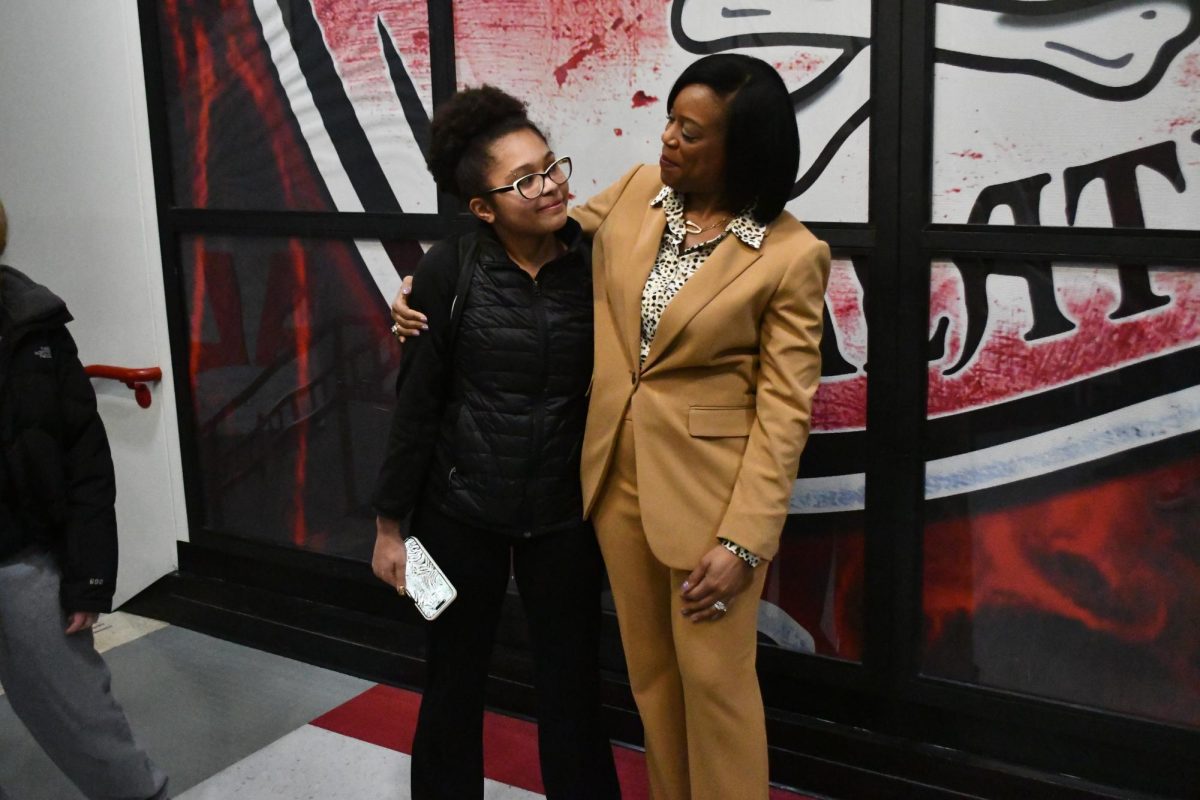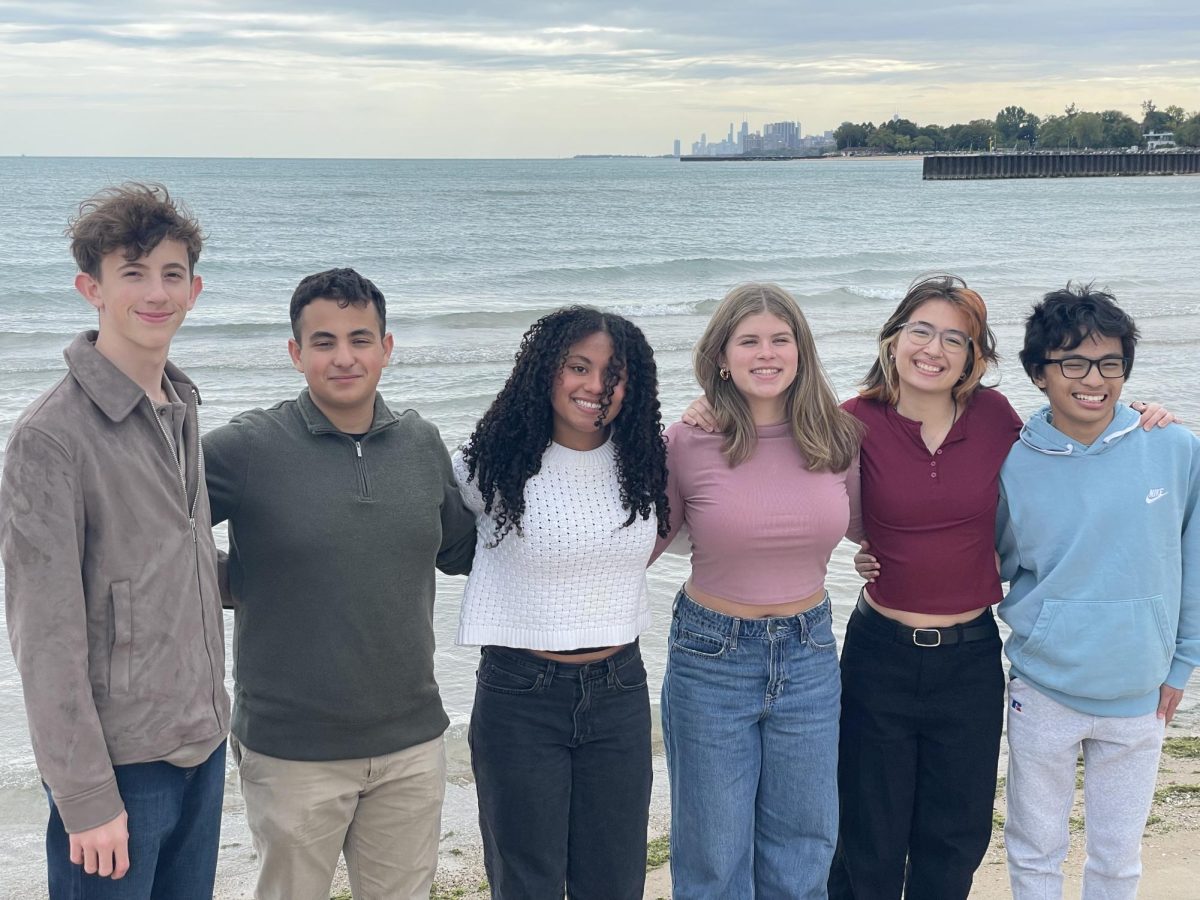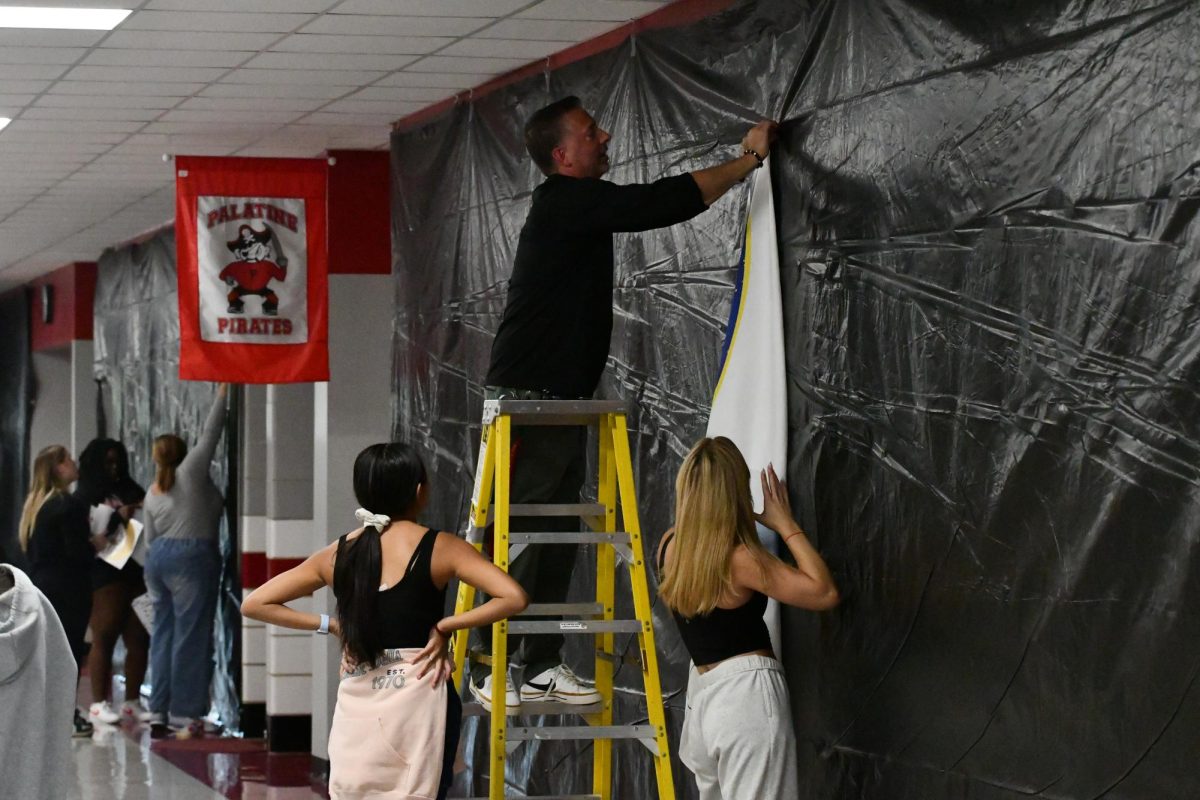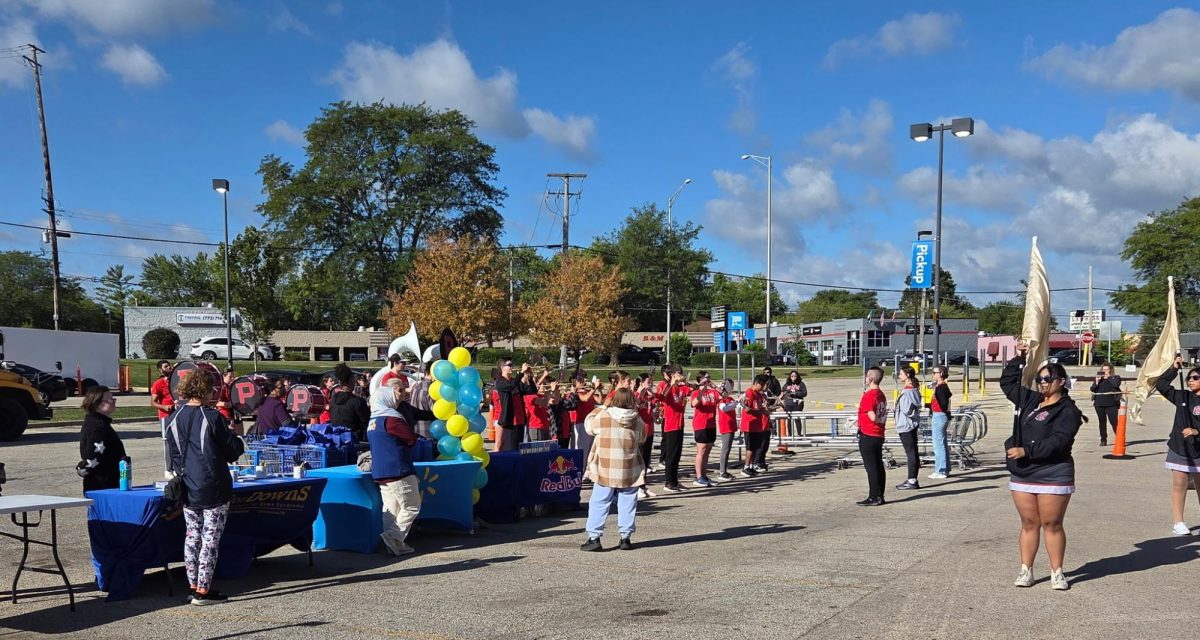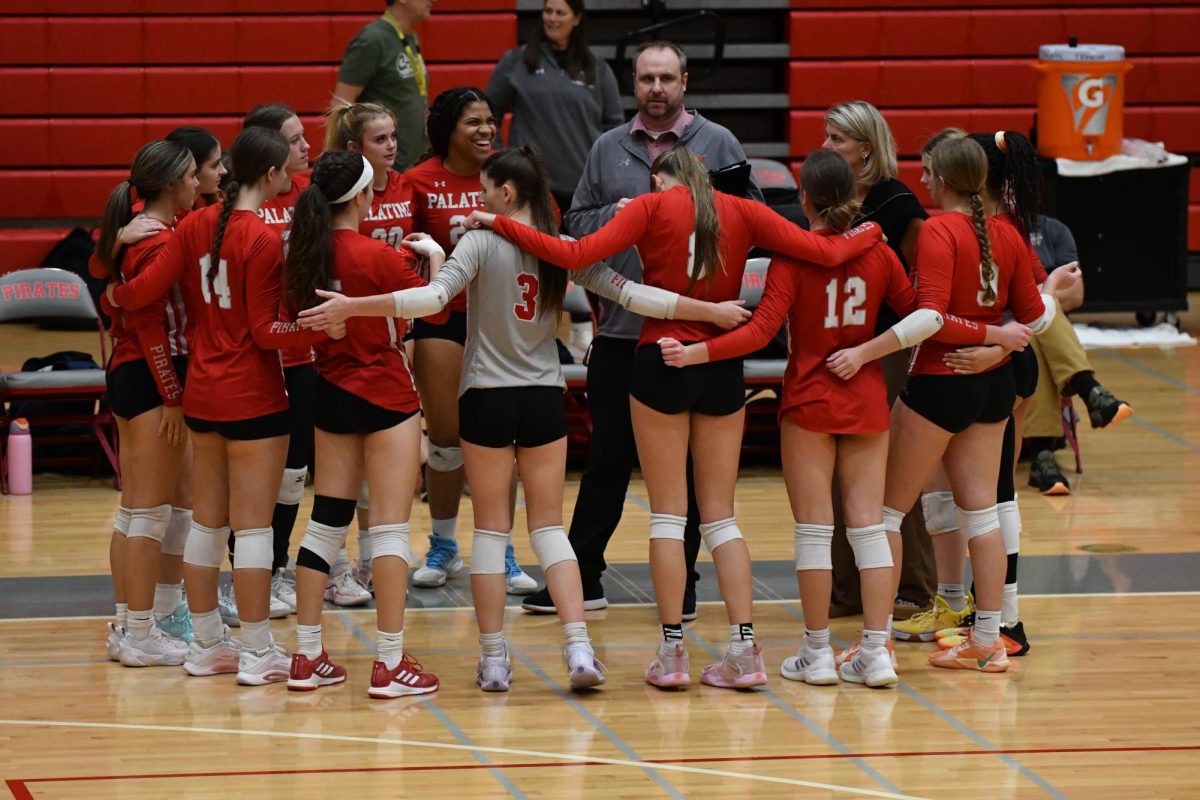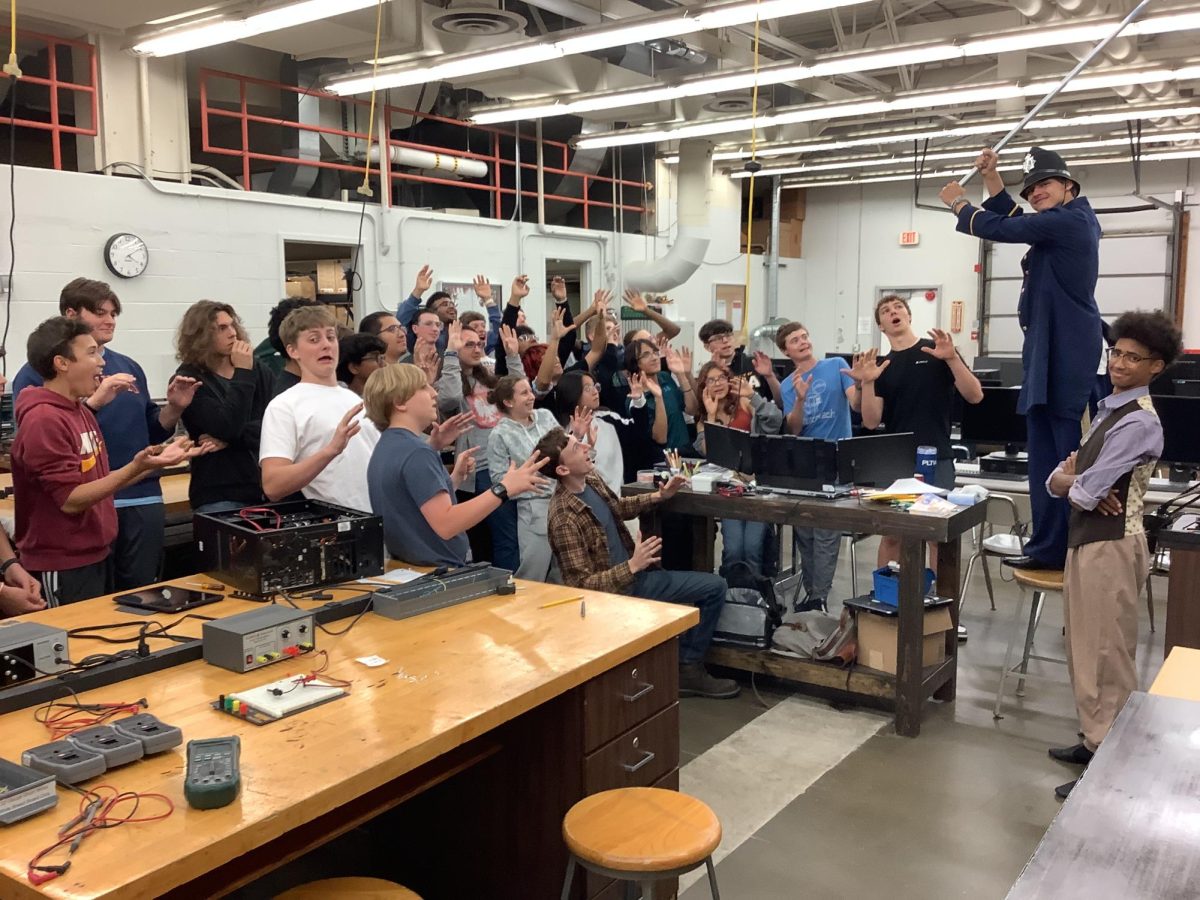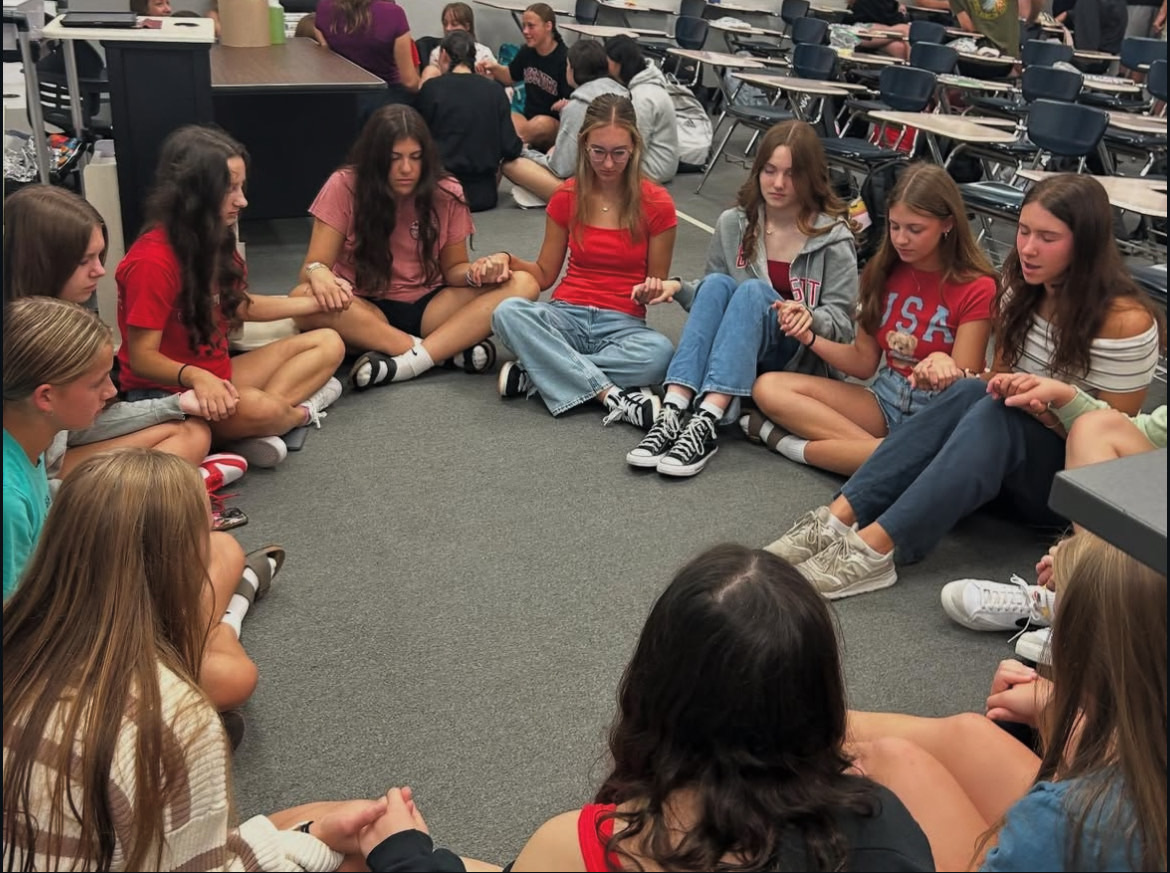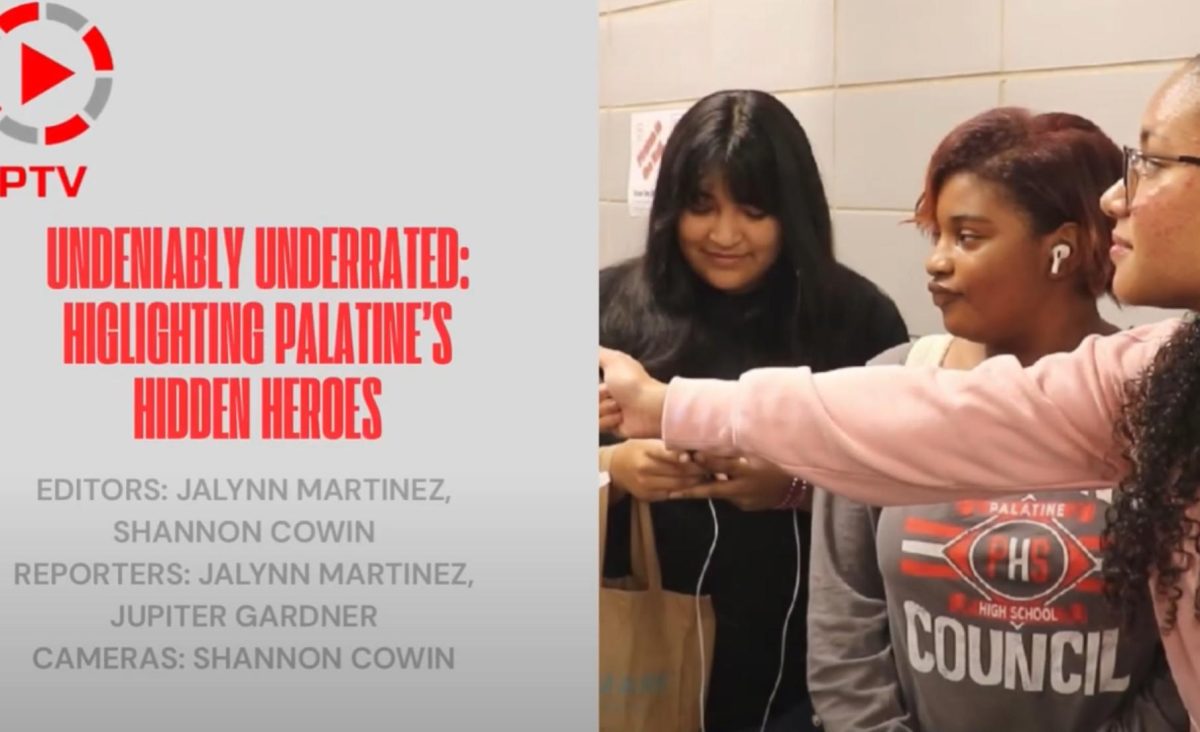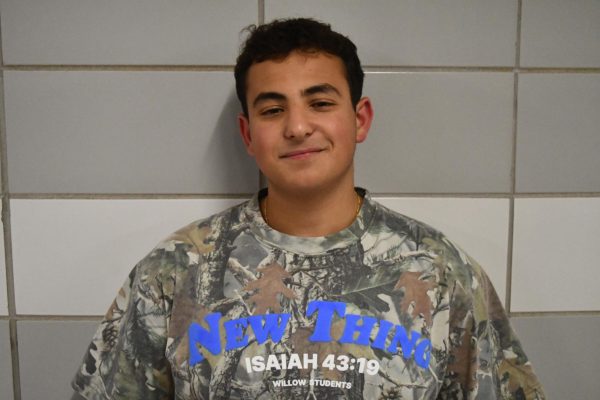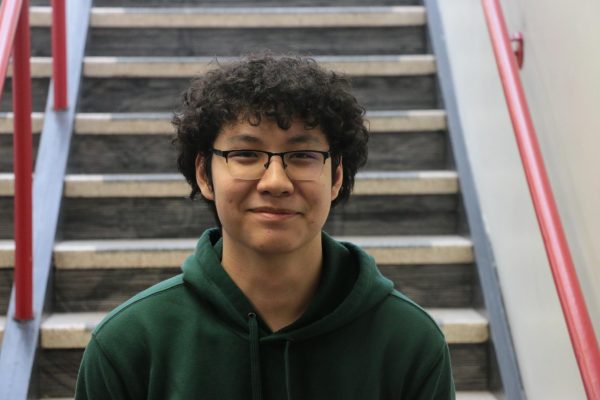Judith Campbell, recently appointed as District 211’s next superintendent, toured all district schools earlier this month and hosted a press conference with the D211 Student Press Corps at Palatine High School.
Campbell, the current deputy superintendent of Kansas City, Kansas Public Schools touched on various topics including equity, tackling D211’s high chronic absenteeism rate, and the “Power of One.”
Campbell will become district superintendent on July 1, after Lisa Small’s retirement.
Power of One
The “power of one” is one of Campbell’s guiding principles through her educational career.
“Power of one, for me, is that every child, every day, will have the ability to show their learning and the impact of their learning when given the resources, the voice, the choice and the opportunity to share their experiences today and also in the future,” Campbell said.
In order to allow students to showcase the skills they learn in school, she believes that each student needs to be equipped with the resources they need to ensure success. Without proper resources, it’s hard for students to go further than just learning the material.
“Your success is defined by what your plan of study is going to be, not what you want your plan of study to be,” Campbell said.
Equity
According to the Illinois Report Card, D211 still has large gaps in student learning; however, Campbell believes that there is more of a “language gap” in the district than a learning gap.
Approximately 15% of students in the district are English Learners. That number is even higher just at Palatine High School, with 26% of the student population needing help learning English in order to succeed in school.
“It is our job to understand that everybody will not arrive to their learning goals in the same way,” Campbell said.
In order to narrow the gap among student learning, she plans to disaggregate data and have conversations with students and administrators on the needs in D211. Taking that information, she plans to put action steps in place to ensure students “get exactly what they need” from going to school each day.
Absenteeism
District 211 has a chronic absenteeism rate with 18.3% of the student population falling short of the state average of 26.3%. PHS on the other hand has a whopping absenteeism rate of 28.9%.
Campbell believes that parts of the absenteeism rate are due to certain district practices and admits that they were “being reactive instead of proactive.”
“When you’re suspending kids, that does not help with absenteeism,” Campbell said. ‘When you are not reaching out to families to see what is taking place, that does not help with absenteeism.”
Campbell plans to take proactive steps to prevent absenteeism in the district instead of addressing it as an afterthought.
Mental Health
On mental health, Campbell acknowledged that she needed to do more research on what the district was doing to strengthen the mental health of students and staff. She is also a firm believer that a student’s mental health is very tightly related to academic success.
“If we are not okay socially and emotionally, we’re not going to do our best academically,” Campbell said. “I want to know what our priorities are as it relates to mental health, and then be able to compare that and look at how that’s displaying on the academic side.”
Special Education
PHS has the largest special education department in D211, which places special education issues at the forefront.
Originally a special education teacher, Campbell emphasized the importance of ensuring that every student succeeds in school, regardless of background or ability. Instead of changing the students, changing teaching styles is her solution to the disconnect between different types of students.
“Every student, regardless of your ability or disability, has specific needs and specific ways in which they can show their learning,” Campbell said. “That means we have to diversify how we teach, and we also have to diversify in how we assess your learning.”
Differing Perspectives
Campbell currently oversees a district that contains over 21,000 students from preschool to 12th grade in 48 schools. In comparison, Dr. Lisa Small, D211’s current superintendent, only oversees 12,000 high school students in seven schools.
Because Kansas City, Kansas, Public Schools has over six times as many schools, transportation and proper analysis of every school is a much more time-consuming process.
“Being able to get to all the schools in one day was a huge striking difference for me. Usually it takes me maybe a few weeks to get to every building [in Kansas City’s District],” Campbell said.
Biggest Challenge
Campbell noted that preparing students for the real world is the toughest part of teaching, no matter if it’s kindergarten or senior class.
“We’re accountable all the way through, from the moment that you all walk into that first classroom to the time that you walk across the stage and receive that diploma. It is all of our responsibilities ensuring that we have equipped you all for success.”
Tour Takeaways
The day of meeting the students and staff of D211 impressed Campbell with a unique sense of community within each school.
“I think what I’ve enjoyed about my visit to all the schools is the school spirit,” Campbell said. “You all have your own swag, your own mannerisms, your own characteristics that I truly enjoyed seeing today.”



